Decision Science in the Age of AI: Embracing the EU’s Ethical and Risk-Based Approach

Europe is proactively seeking to regulate the disruptions and potential side effects brought about by the rapid and widespread adoption of Artificial Intelligence (AI) across various sectors. This initiative addresses the integration of AI not only in personal spheres but also across public and private entities, including both profit and non-profit organizations. The significance of these impacts transcends the social roles of individuals and the scale of organizations involved.
In a simplified global overview, the United States is often seen as the vanguard of large-scale innovation, with China being perceived as a mass production hub, albeit with sustainability challenges. Europe, however, has traditionally been viewed as more cautious, its innovative pace sometimes restrained by layers of bureaucracy. Despite this, Europe’s approach to AI regulation through the AI Act emerges as both timely and exemplary, demonstrating a nuanced understanding of AI’s complexities and its societal ramifications.
As the Decision Science Alliance (DSA), our mission is to enhance the decision-making capabilities of both humans and robots by integrating sophisticated models and algorithms into the process. The implications of the AI Act are thus of paramount interest to us, as we seek to guide our partners in making AI-supported decisions that adhere to the Act’s mandates or in developing AI-based technologies that respect its foundational principles. Embedding AI components in IT systems that underpin operational and strategic decision-making requires a thorough understanding of the associated risks, which vary markedly across different sectors and applications.
A cornerstone of the AI Act is its Risk-Based Approach, which classifies AI systems according to their potential risk to safety, rights, and freedoms of individuals, ranging from unacceptable to minimal risk. This classification dictates the rigor of compliance required, with high-risk AI systems subject to stringent requirements concerning data governance, documentation, transparency, human oversight, robustness, accuracy, and security.
Transparency is another key tenet of the Act. AI systems that interact with humans or manipulate content must clearly disclose their AI-generated nature, ensuring users are fully aware of their engagement with AI technologies.
To enforce these regulations, the Act envisions the establishment of national supervisory authorities and a European Artificial Intelligence Board, tasked with ensuring uniform application of the rules across the EU.
The AI Act’s focus on a risk-based approach and its emphasis on transparency and accountability resonate with the DSA’s commitment to fostering trustworthy and safe decision-making algorithms. These principles are instrumental in building confidence in AI technologies among decision-makers, a critical factor for the broader integration of AI into strategic and operational frameworks.
We remain hopeful that the EU’s legislative endeavors will not only safeguard against the risks posed by AI but also promote its secure adoption without unduly burdening the innovation process or imposing excessive costs, particularly on smaller enterprises.


